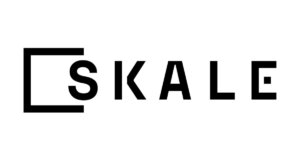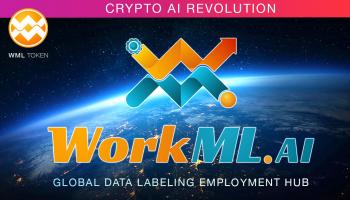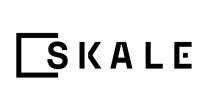South Korea Moves to Allow Domestic ICOs
Photo by Swhan Ang on Unsplash
South Korea’s National Assembly — the legislative body of the East Asian Nation — has officially proposed to allow domestic Initial Coin Offerings (ICOs).
Nearly eight months after its September 2017 ban on ICOs and cryptocurrency margin trading, the Assembly has recommended both be permitted under strict investor protection. Detailed in a report filed by Business Korea, the Assembly stated:
We will also establish a legal basis for cryptocurrency trading, including permission of ICOs, through the National Assembly Standing Committee.
The move comes less than a month after ten of the country’s lawmakers moved to challenge the Korean government on its lack of position.
Korea’s ICO Exodus: Catalyst for Change of Heart?

In an effort to skirt the ban, several Korean projects have laid roots in more blockchain-friendly nations. As one of the world’s most prolific cryptocurrency markets, South Korea may be squandering multi-billion dollar opportunities on account of this exodus.
An increasing number of high-profile ICOs have been conducted offshore, including but not limited to ICON ($42 million, Switzerland), EdenChain ($24 million, Singapore), and even Hyundai’s affiliate BS&C raising $20 million for its Hdac token (Switzerland).
Guided by the Special Committee for the Fourth Industrial Revolution, the National Assembly appear to be recognizing the advantages of a softer stance.
The Fourth Industrial Revolution & Blockchain
Introduced to the world at 2016’s World Economic Forum, the Fourth Industrial Revolution (4IR) is characterized by the blending of physical, digital and biological realms — enabled namely by Artificial Intelligence, the Internet of Things, robotics, and blockchain technology.
Having pledged $1.33 billion for 4IR research and development in 2018 alone, the Korean government appear to be taking this vision seriously.
Their failure to deliver any guidelines to domestic blockchain companies, however, has not gone unnoticed by the nation’s Special Committee for the Fourth Industrial Revolution — who went as far as accusing the Assembly of “neglecting its duty in responding to blockchain application expansion.”
After being labeled “2017’s most innovative country” by Bloomberg, one might understand the committee’s cause for concern. Voicing their desires, the committee stated:
“We need to form a task force including private experts in order to improve transparency of cryptocurrency trading and establish a healthy trade order. The administration also needs to consider setting up a new committee and building governance systems at its level in a bid to systematically make blockchain policy and efficiently provide industrial support.”
As a champion of the 4IR, the South Korean government have a strong incentive to enact pro-ICO legislation. Seemingly pressured by the Assembly, internal lawmakers, the Special Committee, and the burgeoning Korean blockchain economy — one may wonder just how long their ban will last.




















































